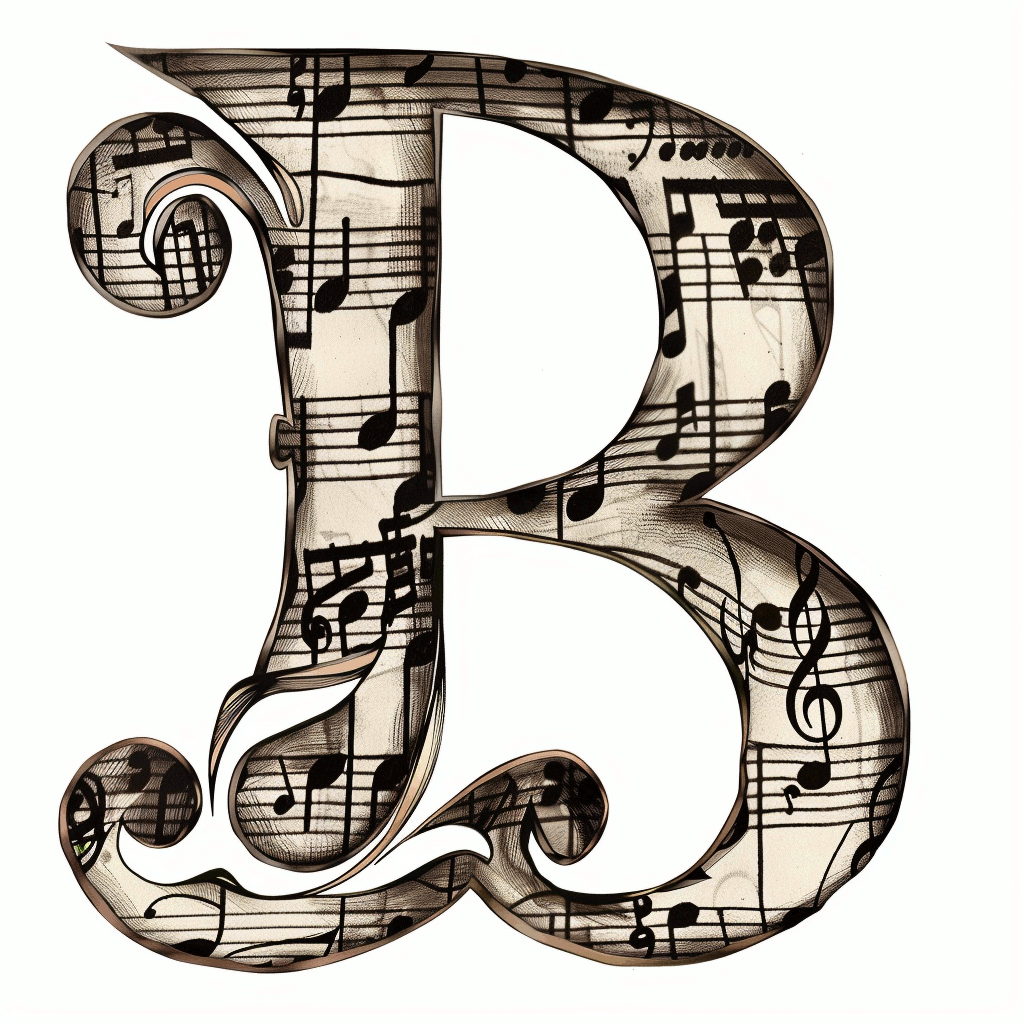Fernando Sor, Francisco Tárrega, and Heitor Villa-Lobos stand proudly at the forefront of classical guitar composition. Each has left a lasting legacy that transforms your practice into a historical journey.
Who Are the Pioneers of Classical Guitar?
Fernando Sor and Francisco Tárrega emerge as the foundational figures in the classical guitar world. Their groundbreaking work laid the cornerstone for modern techniques and compositional standards in classical guitar. Innovative and ahead of their time, Sor’s studies and Tárrega’s emotive works serve as essential textbooks for guitar virtuosos today.
As you observe a guitarist’s adept fingers navigate the fretboard’s labyrinth with elegance, you’re experiencing the enduring influence of these pioneers. They embedded essential elements such as dynamics, articulation, and phrasing into the fabric of classical guitar performance.
The legacy of these maestros perpetuates, resonating not only through their compositions but also in the nuances of guitar pedagogy and playing styles globally.
Romantic Era Innovators
Sor and Tárrega established the foundational techniques of classical guitar during the early periods, and their work paved the way for later advancements. In the Romantic Era, composers such as Giuliani and Villa-Lobos took the classical guitar to new heights. Giuliani, heavily influenced by the Italian opera, played a pivotal role in shaping the guitar’s modern playing techniques. His contributions are particularly noted for enhancing the instrument’s dynamic capabilities and introducing a greater sense of theatricality. The etudes he composed are still crucial for guitarists seeking to master their craft.
During the same era, Villa-Lobos enriched the guitar repertoire with compositions that reflect the essence of Brazilian culture. His music seamlessly integrates traditional rhythms with modern harmonic structures. Villa-Lobos’s pieces are distinct for their requirement of deep emotional engagement from the performer, demanding an interpretation that captures the nuances of the human condition through the guitar’s six strings.
The Twentieth Century Masters
Andrés Segovia stands at the forefront of the twentieth-century classical guitar scene with his groundbreaking techniques and fervent interpretations. His innovative approach to the guitar not only transformed its role in classical music but also set new standards for performance and teaching. Segovia’s influence ignited a spark in countless musicians, encouraging them to explore the guitar’s capabilities with dedication and reverence. The artistry and technical prowess he exhibited laid the foundation for modern classical guitar education, nurturing a legacy that continues to inspire.
Heitor Villa-Lobos emerges as a towering figure in the realm of classical guitar, seamlessly weaving Brazilian elements into his compositions. His music serves as a bridge, connecting the rich traditions of his homeland with the broader world of classical expression. The rhythms and melodies of Brazilian folklore echo through Villa-Lobos’s works, offering a unique fusion that enriches the classical repertoire.
The contributions of these virtuosos, Villa-Lobos and Segovia alike, have cemented the guitar’s esteemed place in classical music, showcasing its dynamic and emotive qualities for future generations to cherish.
Contemporary Voices in Guitar Composition
Sérgio Assad and Andrew York, contemporary classical guitar composers, have significantly enhanced our appreciation for the guitar’s adaptability through their groundbreaking compositions. Their relentless pursuit to push the limits of classical guitar shines through their innovative techniques and the evolution of musical styles.
The compositions of Sérgio Assad are infused with the vibrant rhythms and melodies of Brazil, presenting a global perspective that’s both refreshing and profound. In contrast, Andrew York’s compositions weave the threads of classical heritage with modern-day nuances, captivating listeners from all walks of life.
The artistic contributions of these composers haven’t only augmented the classical guitar repertoire but have also motivated guitarists worldwide to pursue new realms of technical prowess and expressive capacity. Engaging with their music, one encounters a flourishing world where the classical guitar pulses with the energy of contemporary life, constantly in motion and perpetually transforming.
The Enduring Impact of Guitar Legends
Fernando Sor and Francisco Tárrega stand at the forefront, as their groundbreaking techniques and compositions have profoundly influenced the classical guitar’s role in modern performance and education. Tracing the evolution of guitar technique reveals their contributions as pivotal in enhancing the instrument’s sophistication and establishing a foundation that resonates with guitarists today.
The pioneering work of these guitar legends, along with the significant contributions of Mauro Giuliani, Heitor Villa-Lobos, and Andrés Segovia, has indelibly shaped the modern guitar repertoire. These maestros have broadened the guitar’s expressive capabilities, weaving their cultural backgrounds and unique styles into compositions that remain staples of classical guitar music.
Their enduring legacies continue to promote a tradition of excellence and spark innovation in the guitar world.


